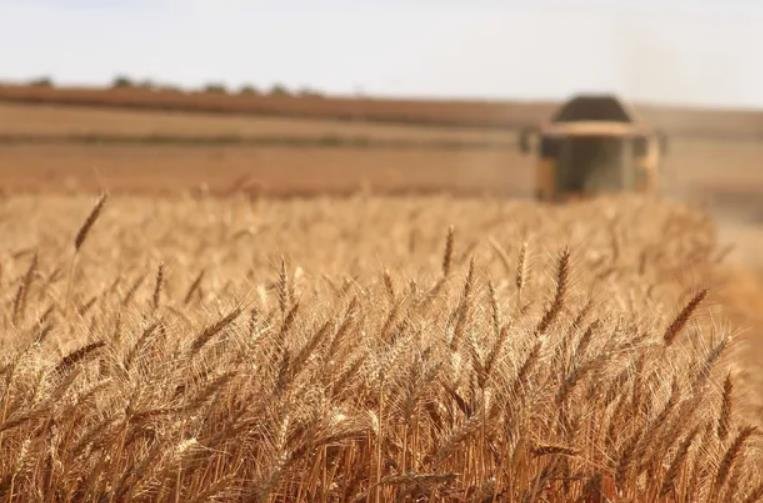In a strategic move to secure lower wheat prices, Egypt has received over 100 offers in its largest-ever wheat tender. The tender, which aims to procure 3.8 million metric tons of wheat, attracted offers from 15 suppliers. This initiative is part of Egypt’s efforts to capitalize on the recent slump in global wheat prices, which have reached a four-year low. The tender is expected to help Egypt, one of the world’s largest wheat importers, lock in favorable prices and ensure a steady supply of wheat for its bread subsidy program.
Egypt’s latest wheat tender has set a new record, attracting more than 100 offers from suppliers around the world. The tender, launched last week, aims to secure 3.8 million metric tons of wheat for the October to April shipment period. This move is seen as a strategic effort to take advantage of the recent decline in global wheat prices, which have reached their lowest levels in four years.

The tender received offers from 15 suppliers, with Ukrainian wheat being offered at the lowest price of $244 per metric ton. Despite the low prices, traders noted that the delayed payment terms and long shipping periods contributed to the premium pricing. The General Authority for Supply Commodities (GASC), Egypt’s state grains buyer, does not disclose pricing information, but traders believe that the tender could help Egypt secure the full volume it is seeking.
The tender is part of Egypt’s broader strategy to address its economic challenges, including high inflation and a foreign currency crunch. By securing lower wheat prices, Egypt aims to reduce the cost of its bread subsidy program, which provides affordable bread to millions of citizens.
Impact on Egypt’s Economy
The massive wheat tender is expected to have a significant impact on Egypt’s economy. As one of the world’s largest wheat importers, Egypt relies heavily on wheat imports to support its bread subsidy program. The program, which provides subsidized bread to tens of millions of Egyptians, is a crucial component of the country’s social safety net.
By securing lower wheat prices through the tender, Egypt aims to reduce the financial burden of the bread subsidy program. The government has already procured 3.6 million metric tons of wheat from the local harvest this year and plans to secure a total of 8.25 million metric tons for the fiscal year 2024/25. The tender represents the shortfall needed to meet the country’s bread production requirements until the next local harvest begins in April.
The tender also highlights Egypt’s efforts to address its economic challenges, including high inflation and a foreign currency crunch. The country has implemented austerity measures, such as raising the price of subsidized bread, to cut spending and secure financial support from the International Monetary Fund and friendly Gulf countries.
Future Prospects and Challenges
While the wheat tender is a positive step towards securing lower prices, Egypt still faces several challenges. The delayed payment terms and long shipping periods associated with the tender could increase the overall cost of the purchase. Additionally, geopolitical circumstances and market volatility could impact future wheat prices and availability.
Despite these challenges, the tender demonstrates Egypt’s commitment to securing a stable and affordable supply of wheat for its citizens. The government is likely to continue exploring opportunities to capitalize on favorable market conditions and secure lower prices for essential commodities.
The success of the tender could also inspire other countries to adopt similar strategies to address their own economic challenges. By leveraging global market trends and securing favorable prices, countries can reduce the financial burden of essential subsidy programs and support their citizens’ needs.
